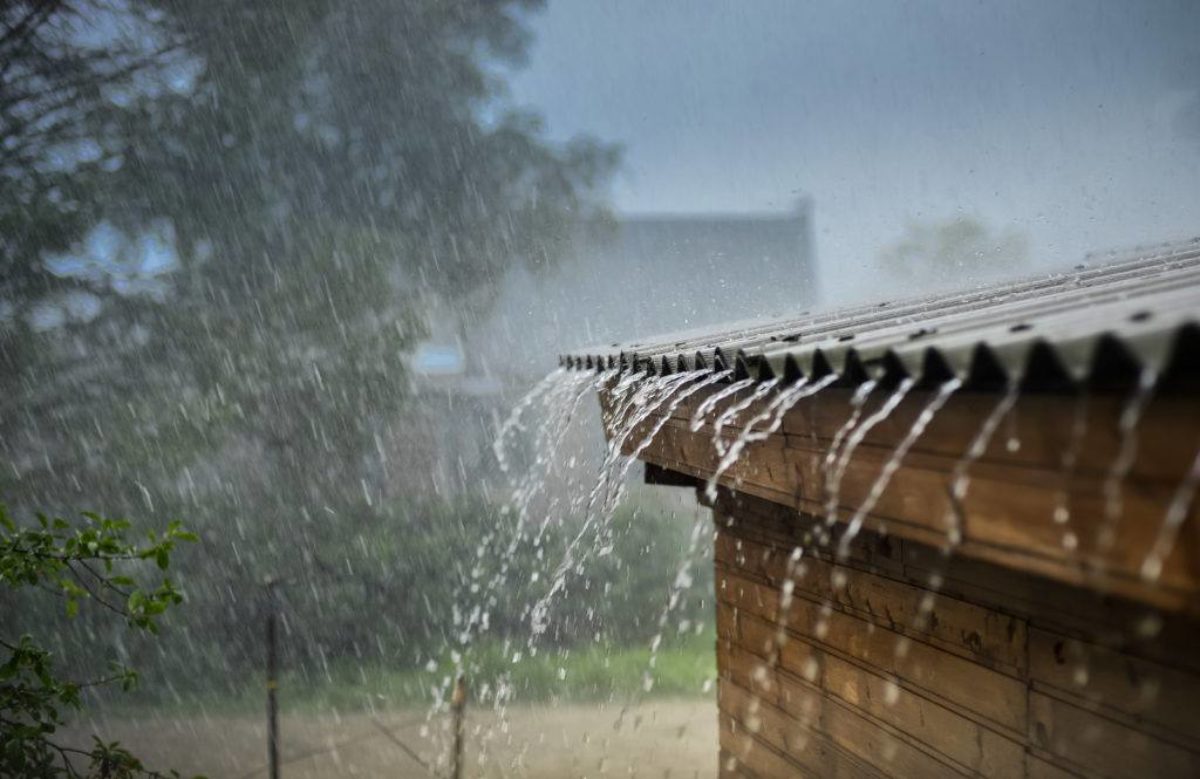

Articles
Chimney Smells When It Rains
Modified: October 20, 2024
Eliminate chimney smells when it rains with our helpful articles. Find effective solutions to keep your chimney odor-free during wet weather.
(Many of the links in this article redirect to a specific reviewed product. Your purchase of these products through affiliate links helps to generate commission for Storables.com, at no extra cost. Learn more)
Introduction
Chimneys are an essential feature of many homes, providing ventilation for fireplaces and heating systems. However, homeowners often encounter an unpleasant issue when it rains – the dreaded chimney smell. The combination of rainwater and specific conditions can result in an unappealing odor permeating the house, leaving residents perplexed and frustrated.
In this article, we will delve into the reasons behind chimney smells when it rains, explore potential sources of the odor, and provide practical solutions to eliminate it. Whether you are a homeowner experiencing this issue for the first time or a seasoned homeowner seeking a remedy, this article aims to guide you through the process of identifying, addressing, and preventing chimney smells when it rains.
Understanding the problem is the first step toward finding a solution. The combination of water and certain substances in the chimney creates a breeding ground for bacteria, mold, and other microorganisms. When it rains, the water seeps into the chimney, where it interacts with these substances, leading to the release of the unpleasant odor.
Homeowners often experience different types of odors, such as a musty or damp smell, hints of decay, or even a smoky aroma. Identifying the specific smell can help narrow down the potential causes and determine the most effective approach for elimination.
It is important to note that chimney smells when it rains can indicate underlying issues with the chimney structure or ventilation system. While some instances may be resolved through simple preventive measures and maintenance, it is advisable to consult a professional chimney inspector if the smell persists or worsens over time.
In the following sections, we will explore common causes of chimney smells when it rains and outline precautionary measures and steps you can take to eliminate the odor. Additionally, we will discuss DIY solutions and when it may be necessary to seek professional assistance. Let’s dive into the details and find a solution to banish that unpleasant smell once and for all.
Key Takeaways:
- Understanding the underlying causes of chimney smells when it rains, such as creosote buildup, blockages, leaks, and condensation, is crucial for effective elimination and prevention.
- Implementing precautionary measures, regular maintenance, and targeted steps to identify and address the source of the odor can restore a fresh and pleasant environment in your home.
Read more: Why Does Rain Not Coming Down The Chimney
Understanding the Problem
Before we delve into the causes and solutions, it’s essential to have a clear understanding of why chimney smells occur when it rains. Rainwater can infiltrate the chimney by seeping through cracks, gaps, or even a damaged chimney cap. Once inside, the water combines with various substances present in the chimney, leading to the development of odor-causing bacteria, mold, and mildew.
The combination of rainwater, organic matter, and a lack of adequate airflow creates an environment for these microorganisms to thrive. The smell can vary depending on the specific substances present and the conditions within the chimney.
One of the primary culprits behind chimney smells when it rains is creosote buildup. Creosote is a black or brownish substance that accumulates on the inside walls of the chimney due to the incomplete combustion of wood or fossil fuels. When rainwater enters the chimney and comes into contact with this creosote, it can release an unpleasant, smoky odor.
Another common cause of chimney smells is a blockage in the chimney. Leaves, twigs, debris, or even small animals may have found their way into your chimney, obstructing airflow and trapping moisture. This stagnant environment can promote the growth of bacteria and fungi, resulting in foul-smelling odors.
Furthermore, if your chimney lacks proper waterproofing or has deteriorated over time, rainwater can easily penetrate the chimney structure and cause damage. Moisture can seep into the mortar joints, leading to cracks or crumbling bricks. These damaged areas can retain water and provide a breeding ground for odor-causing microorganisms.
Understanding the underlying causes of chimney smells when it rains is crucial in determining the most effective approach to address the issue. Identifying the source of the odor will help guide your efforts in eliminating it and preventing future occurrences.
Causes of Chimney Smells When It Rains
When it comes to chimney smells, rain can be a trigger for various underlying causes. Below, we will explore some common factors that contribute to chimney smells when it rains:
Creosote Buildup: Creosote is a byproduct of burning wood or fossil fuels in the fireplace. Over time, it accumulates inside the chimney flue and can emit a strong, smoky odor when it comes into contact with moisture. If your chimney has a significant buildup of creosote, it may require professional cleaning to eliminate the smell.
Blockages: Debris, such as leaves, twigs, or even small animals, can obstruct the chimney and prevent proper ventilation. These blockages trap moisture, creating an environment conducive to bacterial and fungal growth. The resulting odors can range from musty to decay-like smells. Regular chimney inspections and cleanings can help prevent and address blockage-related odors.
Leaky Chimney: A leaky chimney can allow rainwater to seep into the structure, promoting the growth of mold, mildew, and bacteria. Poorly sealed or damaged chimney caps, flashing, or mortar joints can all contribute to water infiltration. Timely repairs, waterproofing treatments, and proper maintenance can help prevent water-related chimney smells.
Condensation: Chimney condensation occurs when warm air from inside the house meets the cold exterior walls of the chimney. This temperature difference causes the moisture in the air to condense on the chimney surface. Condensation can lead to the development of mold and mildew, resulting in unpleasant odors. Adequate insulation, correct chimney sizing, and maintaining proper airflow can help reduce condensation-related smells.
Deceased Animal: In some unfortunate cases, an unpleasant smell when it rains may indicate the presence of a deceased animal in the chimney. Animals like birds or squirrels may have made their way into the chimney and become trapped. If this is suspected, it is important to contact a professional chimney sweep who can assist in removing the animal safely.
Identifying the specific cause of chimney smells when it rains is crucial in determining the appropriate solution. In the following sections, we will discuss how to identify the source of the smell and the steps you can take to eliminate it based on the underlying cause.
Identifying the Source of the Smell
When dealing with chimney smells when it rains, pinpointing the source of the odor is essential for effective elimination. Here are some steps to identify the source of the smell:
1. Observe the smell: Pay attention to the specific characteristics of the odor. Is it musty, smoky, decaying, or something else? Understanding the distinct smell can provide clues about the potential causes.
2. Inspect the chimney: Conduct a visual inspection of the chimney. Check for any visible signs of damage, such as cracks in the chimney crown or damaged mortar joints. Look for blockages caused by debris or signs of nesting animals.
3. Check the fireplace: Inspect the inside of the fireplace for any visible signs of mold, mildew, or creosote buildup. Use a flashlight to get a clear view of all surfaces.
4. Check for leaks: Examine the interior walls surrounding the chimney for signs of water damage or staining. Look for any drips or wet spots during and after rainfall. Leaks can indicate a faulty chimney cap, damaged flashing, or other issues that allow water to enter the chimney.
5. Consider the weather: Take note of whether the smell intensifies or diminishes during certain weather conditions. For example, if the odor is stronger after a heavy rain shower or on particularly humid days, it could be an indication of water-related problems.
6. Consult a professional: If you are unable to identify the source of the smell or if you suspect more serious underlying issues, it is advisable to seek assistance from a professional chimney inspector or sweep. They have the knowledge and expertise to identify hidden problems and provide appropriate solutions.
By carefully observing and inspecting your chimney, you can gather important information to narrow down the potential sources of the smell. This knowledge will guide you in implementing the appropriate measures to eliminate the odor and prevent it from recurring.
Precautionary Measures
Prevention is always better than cure, especially when it comes to chimney smells when it rains. By taking some precautionary measures, you can minimize the chances of encountering unpleasant odors and potential chimney issues. Here are some steps you can take to prevent chimney smells:
1. Regular chimney inspections: Schedule annual inspections with a professional chimney sweep to identify any potential problems before they escalate. They will check for blockages, cracks, leaks, and other issues that can lead to chimney smells when it rains. Regular maintenance can help keep your chimney in tip-top shape.
2. Proper chimney cap installation: Install a chimney cap or ensure your existing cap is in good condition. A chimney cap acts as a barrier against rain, debris, and animals. It helps prevent water intrusion and blockages, reducing the likelihood of chimney smells when it rains.
3. Waterproofing treatment: Consider applying a waterproofing treatment to your chimney to create a protective barrier against water penetration. This treatment helps seal porous bricks and mortar joints, reducing the chances of moisture-related issues and foul odors.
4. Keep your chimney clean: Regularly remove any debris or blockages, such as leaves or animal nests, from your chimney. This will help maintain proper airflow and prevent the accumulation of moisture-causing microorganisms.
5. Practice proper fireplace use: Use your fireplace correctly to minimize the production of creosote. Burn seasoned firewood, which has been dried for at least six months, as it produces less creosote. Avoid burning wet or green wood, as it can lead to excessive creosote buildup.
6. Maintain good airflow: Ensure there is sufficient airflow in your chimney by keeping the flue open and making sure the damper is fully functional. Good airflow helps prevent condensation and reduces the likelihood of odors caused by stagnant moisture.
7. Address leaks promptly: If you notice any signs of a leak, such as water stains or dripping, address the issue promptly. Contact a professional to inspect and repair any damage to your chimney, such as damaged flashing or seals.
By implementing these precautionary measures, you can significantly reduce the risk of chimney smells when it rains. Regular maintenance, proper installation of chimney components, and attention to potential issues will go a long way in ensuring a clean and odor-free chimney.
To prevent chimney smells when it rains, make sure the chimney cap is in good condition and properly installed to keep out rainwater. Additionally, have the chimney inspected for any potential leaks or damage.
Read more: How To Get Rid Of Chimney Smell
Steps to Eliminate the Odor
Dealing with chimney smells when it rains can be frustrating, but there are steps you can take to eliminate the odor and restore a fresh and pleasant environment. Follow these steps to address the problem effectively:
1. Identify and address the underlying cause: As discussed earlier, identifying the specific cause of the chimney smell is crucial. Take the time to inspect the chimney, fireplace, and surrounding areas for any signs of damage, blockages, or leaks. Once you’ve identified the source, address it accordingly.
2. Clean the chimney: If creosote buildup is the culprit behind the odor, consider hiring a professional chimney sweep to thoroughly clean the chimney. They will remove the accumulated creosote and other debris that could be contributing to the smell. Regular chimney cleanings should be part of your chimney maintenance routine.
3. Remove blockages: If there are blockages in the chimney, such as leaves or animal nests, they need to be removed to restore proper airflow. Hiring a professional chimney sweep is recommended as they have the expertise and equipment to safely remove blockages without causing further damage.
4. Repair leaks and damage: If your chimney is leaking or has other structural issues, it is essential to address them promptly. Engage the services of a professional chimney repair specialist to fix any leaks, repair damaged mortar joints, or replace faulty components. By eliminating the source of water infiltration, you can prevent or minimize future chimney smells.
5. Deodorize the chimney: After addressing the underlying cause, you can deodorize the chimney to eliminate any lingering odors. Place bowls of vinegar or activated charcoal near the fireplace opening to absorb the smell. Alternatively, you can use chimney deodorizer products specifically designed to neutralize chimney odors.
6. Ensure proper ventilation: Good airflow is crucial for maintaining a clean and odor-free chimney. Ensure that your chimney flue is fully open and unobstructed during fireplace use. Consider installing a chimney fan or using a fireplace hood to improve ventilation and reduce condensation-related odors.
7. Regular maintenance: To prevent chimney smells when it rains from recurring, establish a regular maintenance routine. Schedule annual chimney inspections, cleanings, and necessary repairs to keep your chimney in optimal condition and minimize the chances of odor issues in the future.
By following these steps, you can effectively eliminate the odor associated with chimney smells when it rains. However, if the problem persists or worsens, it is recommended to seek professional assistance to address any underlying issues that may require specialized attention.
DIY Solutions for Chimney Smells When It Rains
Dealing with chimney smells when it rains doesn’t always require professional intervention. There are several DIY solutions you can try to address the issue. Here are some do-it-yourself remedies that may help eliminate chimney odors:
1. Clean the chimney: Regular chimney cleaning is an essential maintenance task that can help eliminate odors. Use a chimney brush to remove creosote buildup and other debris. Start from the bottom and work your way up, scrubbing the walls of the chimney thoroughly. Remember to wear protective gear, such as gloves and a mask, while cleaning.
2. DIY deodorizing agents: Natural deodorizing agents can help neutralize chimney odors. Place a bowl of vinegar or coffee grounds near the fireplace opening to absorb the smell. The acidic properties of vinegar and the strong aroma of coffee can help counteract the odor effectively.
3. Clean the fireplace: Keep the fireplace clean to minimize the accumulation of dirt and debris that can contribute to odors. Vacuum or sweep the fireplace regularly, ensuring there are no remnants of burnt materials or ash left behind.
4. Check for blockages: Inspect the chimney for any visible blockages, such as leaves or animal nests. Use a long-handled brush or rod to gently remove any obstructions. Be cautious not to push the blockage further into the chimney. If the blockage is difficult to remove, or if you suspect a larger obstruction, it is advisable to seek professional assistance.
5. Improve ventilation: Adequate ventilation is key to minimizing chimney smells when it rains. Ensure that the damper is fully open during fireplace use to allow for proper airflow. Additionally, opening windows or using fans to increase overall ventilation in the room can help reduce odors.
6. Weatherproofing treatment: Consider applying a weatherproofing treatment to the exterior of the chimney to minimize water infiltration. There are various chimney waterproofing products available that create a protective barrier against rainwater, reducing the chances of odors caused by moisture and mold.
7. Consider alternative fuel sources: If you continue to experience persistent chimney smells, it might be worth exploring alternative fuel sources for your fireplace. Certain woods, such as oak or birch, tend to produce fewer creosote and odor-causing substances when burned. Experimenting with different types of wood may help mitigate the odor problem.
It’s important to note that while DIY solutions can be effective in some cases, they may not be suitable for all situations. If the chimney smells persist or worsen despite your efforts, it is recommended to consult a professional chimney contractor or inspector for a comprehensive assessment and appropriate solutions.
Seeking Professional Help
While DIY solutions can be effective in many cases, there are instances when it is necessary to seek professional help to address chimney smells when it rains. Here are some situations where professional assistance is recommended:
1. Persistent odor: If you have tried various DIY remedies, but the chimney smell persists or worsens over time, it may indicate a more serious underlying issue. Professional chimney inspectors are trained to identify and address complex problems that may not be apparent to the untrained eye.
2. Structural damage: If you notice visible signs of structural damage to your chimney, such as cracked bricks, deteriorating mortar joints, or damaged flashing, it is important to consult a professional. They have the expertise to assess and repair any damage, ensuring the structural integrity of your chimney.
3. Chimney cleaning: While you can perform basic chimney cleaning yourself, a professional chimney sweep will have the necessary tools, equipment, and expertise to conduct a thorough cleaning. This is especially important if there is a significant buildup of creosote or if blockages are difficult to remove.
4. Leak detection and repair: If your chimney is leaking when it rains, a professional chimney contractor can locate the source of the leak and provide appropriate repairs. They will inspect the flashing, chimney cap, and other components to identify any areas that may be allowing water infiltration.
5. Chimney restoration or reconstruction: In some cases, the chimney may require more extensive repairs or even complete reconstruction. This is often the case if the chimney has sustained severe damage or if it no longer meets safety or building code requirements. A professional chimney contractor can assess the condition of your chimney and guide you through the necessary restoration or reconstruction process.
6. Preventive maintenance: Even if you have successfully resolved the current issue, professional chimney inspections and maintenance are essential to prevent future chimney smells when it rains. Regular inspections can help identify and address potential problems before they escalate, ensuring the longevity and optimal performance of your chimney.
Remember, chimney-related issues can be complex and dealing with them without proper knowledge and expertise can result in further damage or safety hazards. It is always best to consult a professional chimney contractor or inspector when in doubt or when faced with persistent chimney odors when it rains.
Conclusion
Chimney smells when it rains can be a cause of frustration for homeowners, but the good news is that there are solutions available to eliminate the odor and prevent it from recurring. By understanding the underlying causes of chimney smells, identifying the source of the odor, and implementing the appropriate measures, you can regain a fresh and pleasant environment in your home.
We explored the various factors that contribute to chimney smells when it rains, such as creosote buildup, blockages, leaks, condensation, and even the unfortunate presence of deceased animals. By identifying the specific cause, you can take targeted steps towards eliminating the odor.
We discussed the importance of regular chimney inspections, proper chimney cap installation, waterproofing treatments, and keeping the chimney clean. These precautionary measures can greatly reduce the likelihood of chimney smells when it rains and help maintain a well-functioning chimney.
In case you encounter chimney smells, we provided a step-by-step approach to identify the source of the smell and eliminate it effectively. From cleaning the chimney and removing blockages to repairing leaks and deodorizing the chimney, these steps can help restore a pleasant atmosphere in your home.
While DIY solutions can be effective for some cases, it is essential to recognize when professional help is necessary. Persistent odors, structural damage, complex cleaning requirements, and leak detection and repair are instances where consulting a professional chimney contractor or inspector is recommended.
In conclusion, chimney smells when it rains can be addressed and resolved with proper knowledge, maintenance, and timely action. By following the guidelines provided in this article, you can enjoy a clean, fresh-smelling home and a functional chimney all year round. Remember, when in doubt or faced with persistent odor issues, it’s always best to seek professional assistance to ensure the safety and longevity of your chimney.
Frequently Asked Questions about Chimney Smells When It Rains
Was this page helpful?
At Storables.com, we guarantee accurate and reliable information. Our content, validated by Expert Board Contributors, is crafted following stringent Editorial Policies. We're committed to providing you with well-researched, expert-backed insights for all your informational needs.
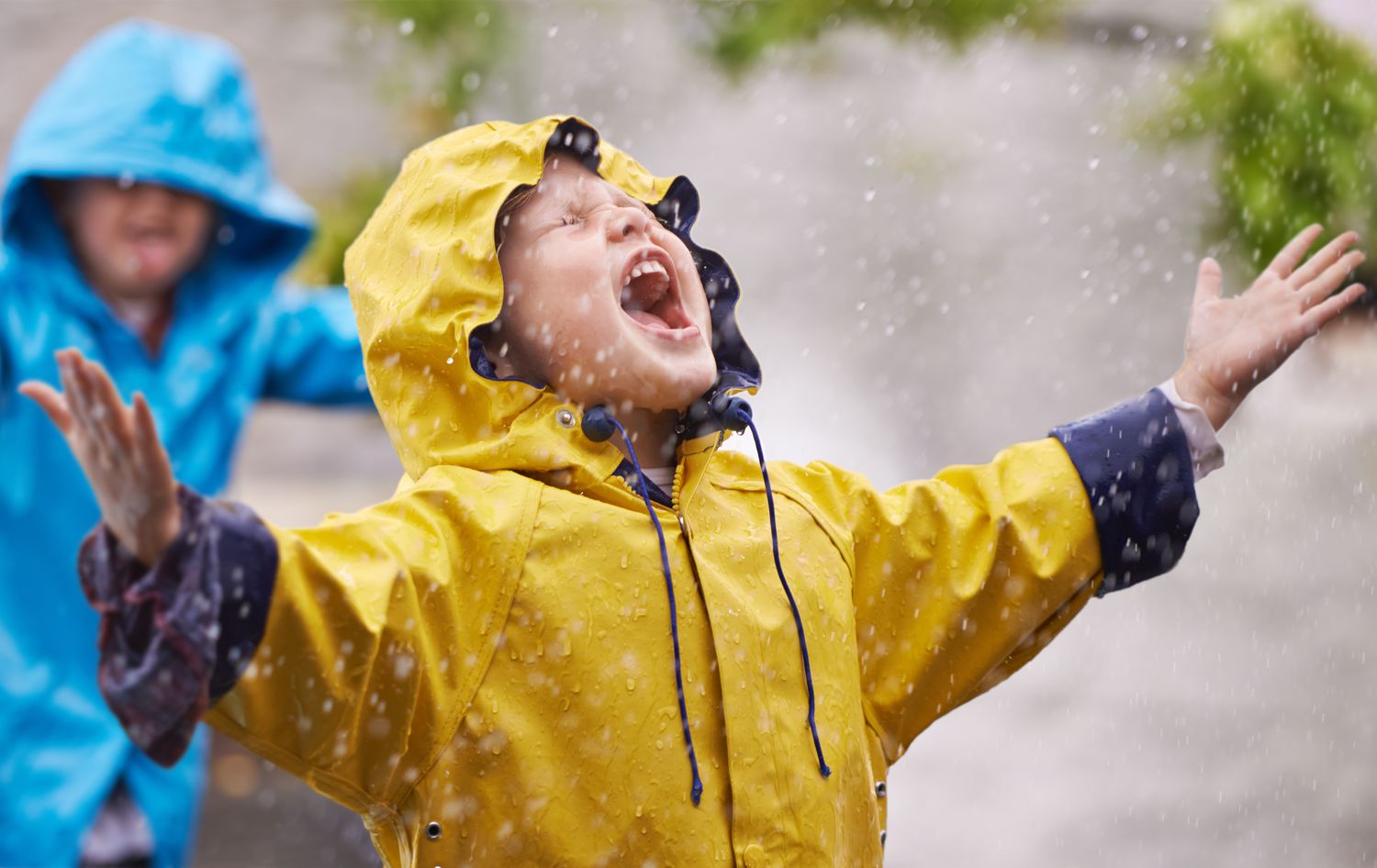
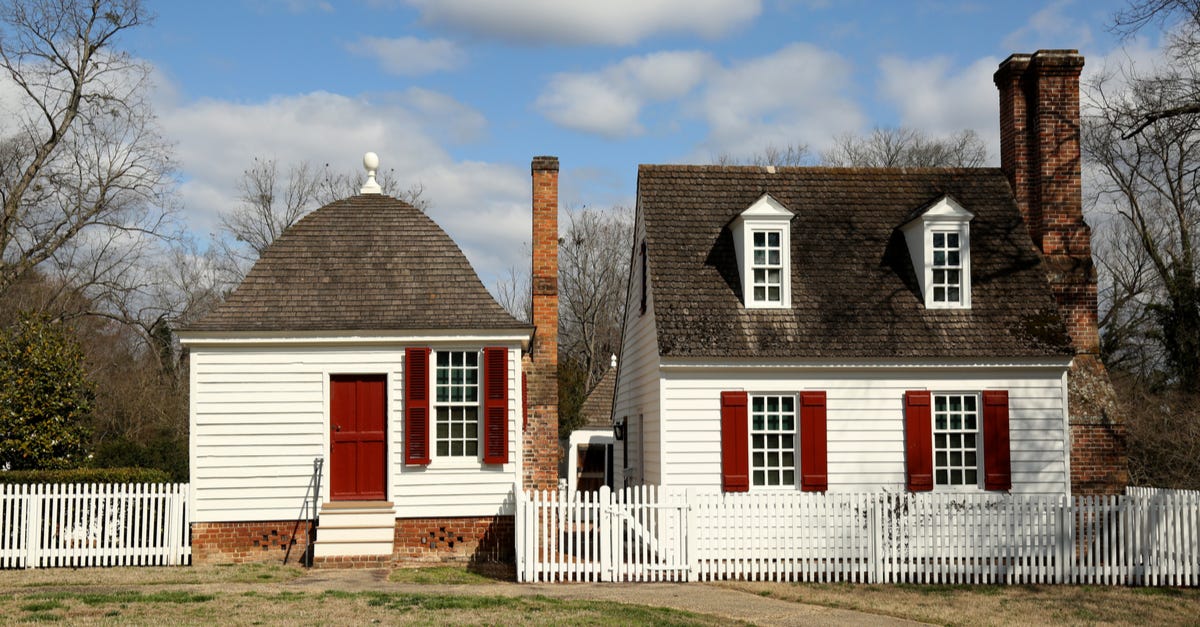
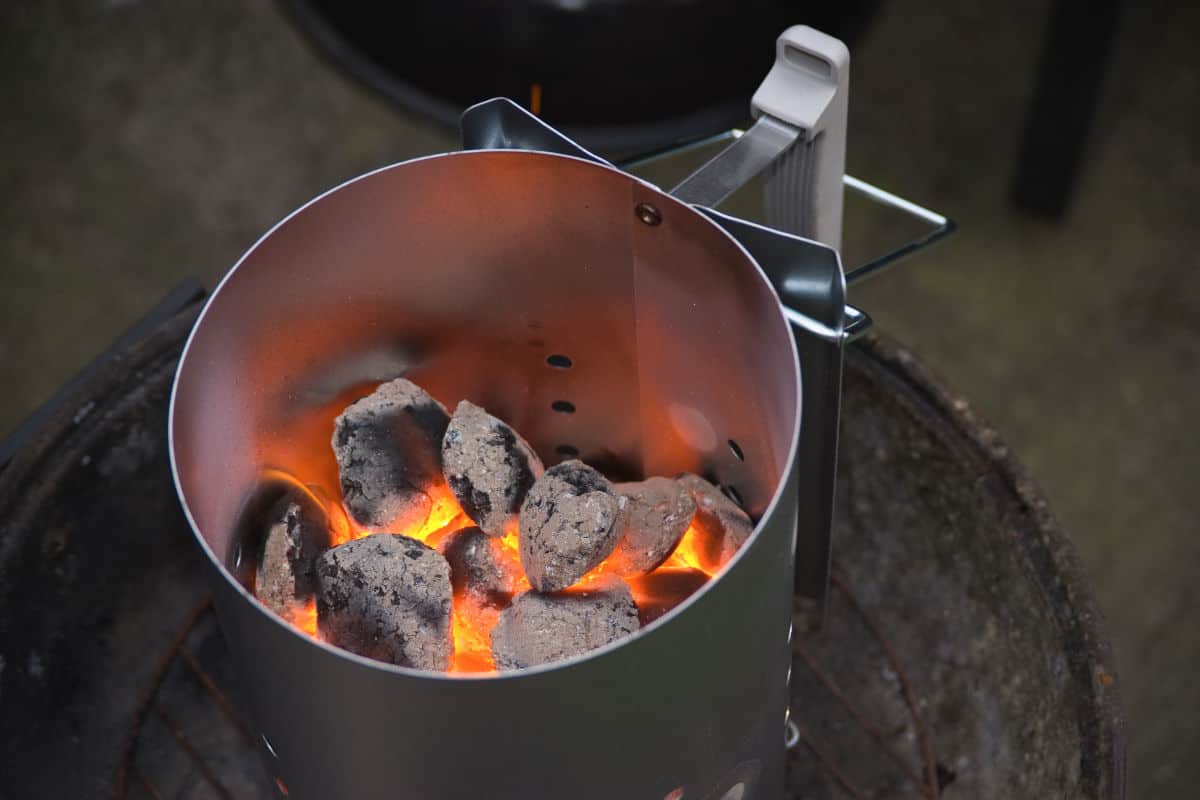
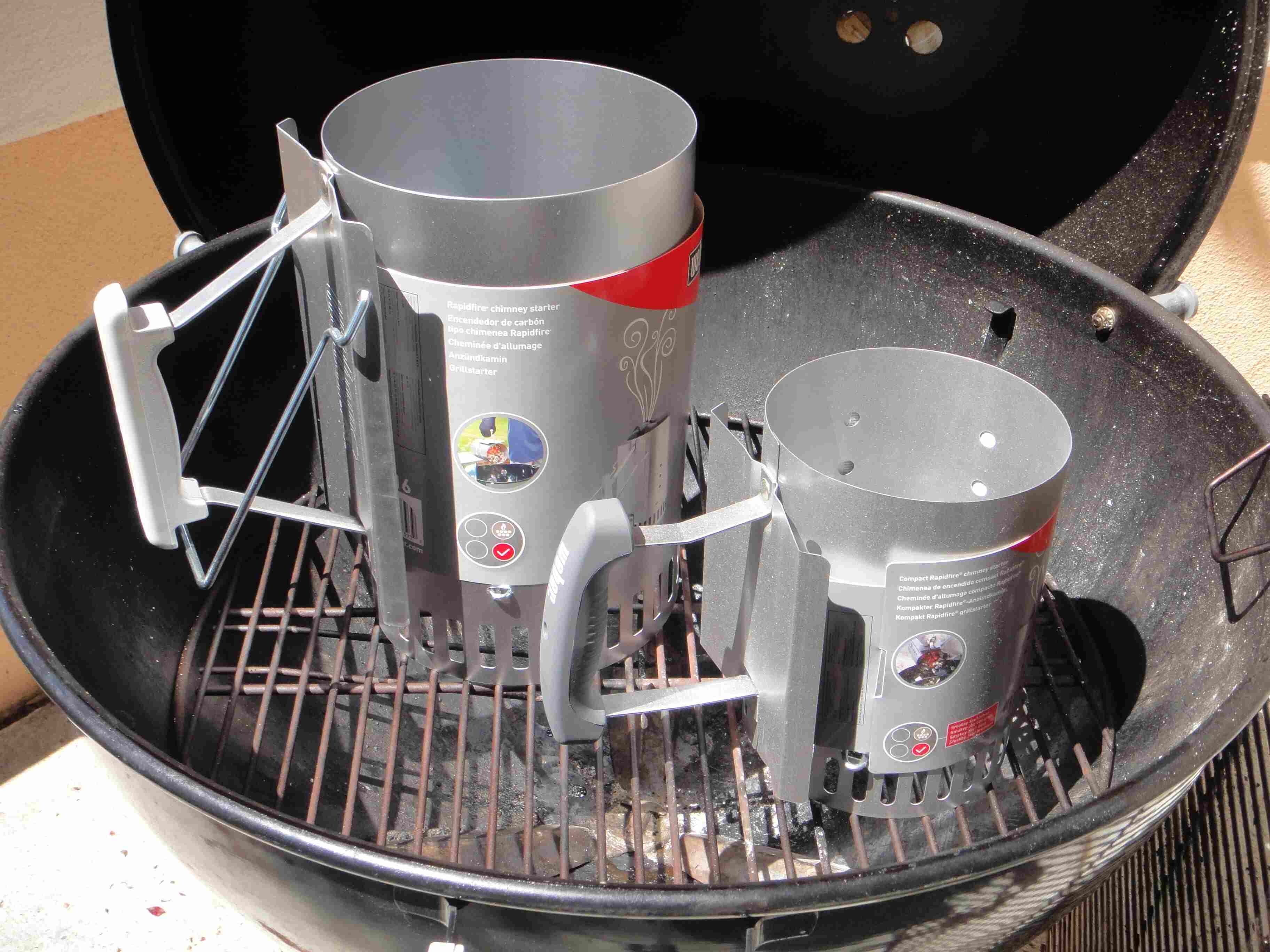
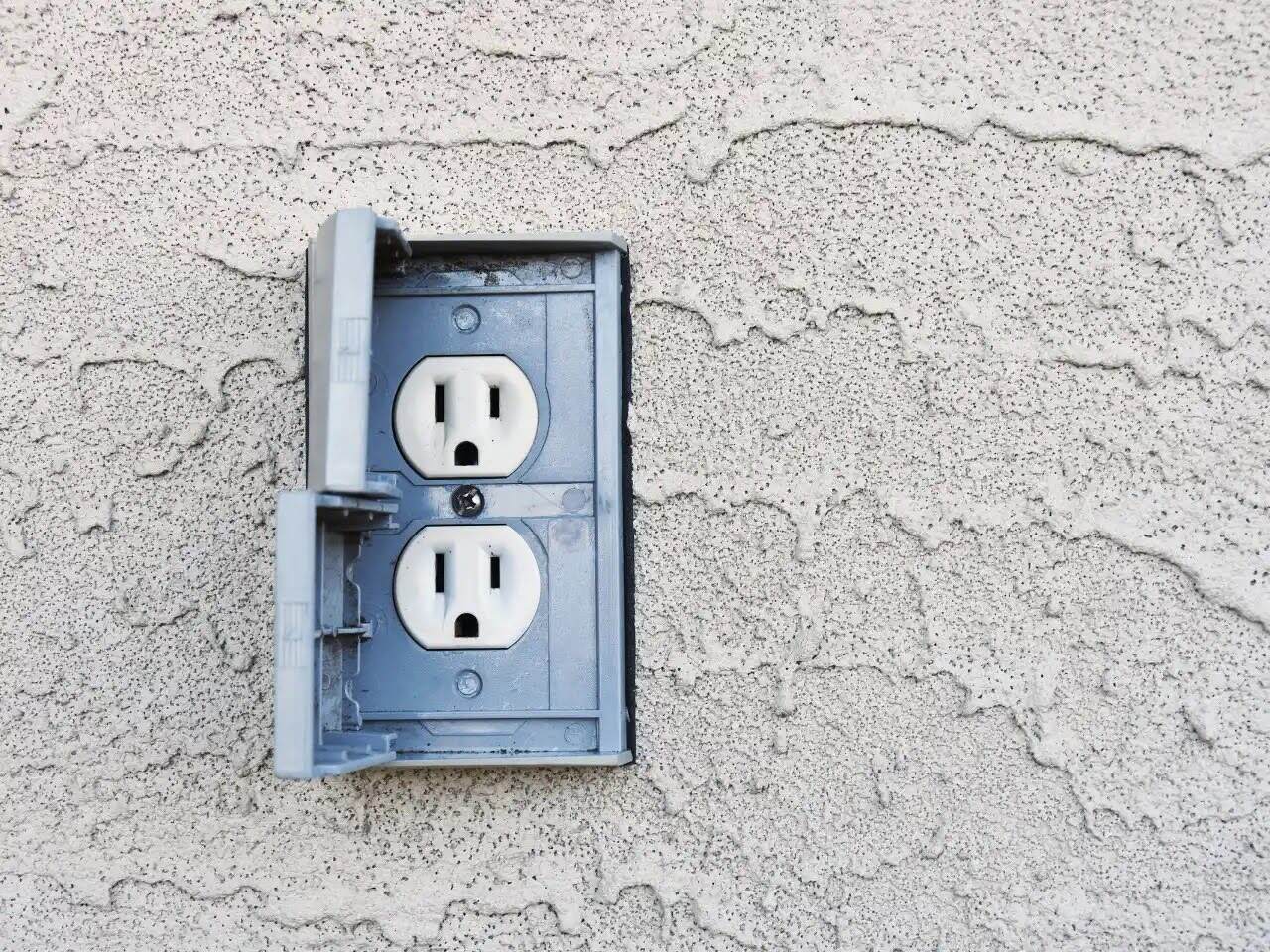
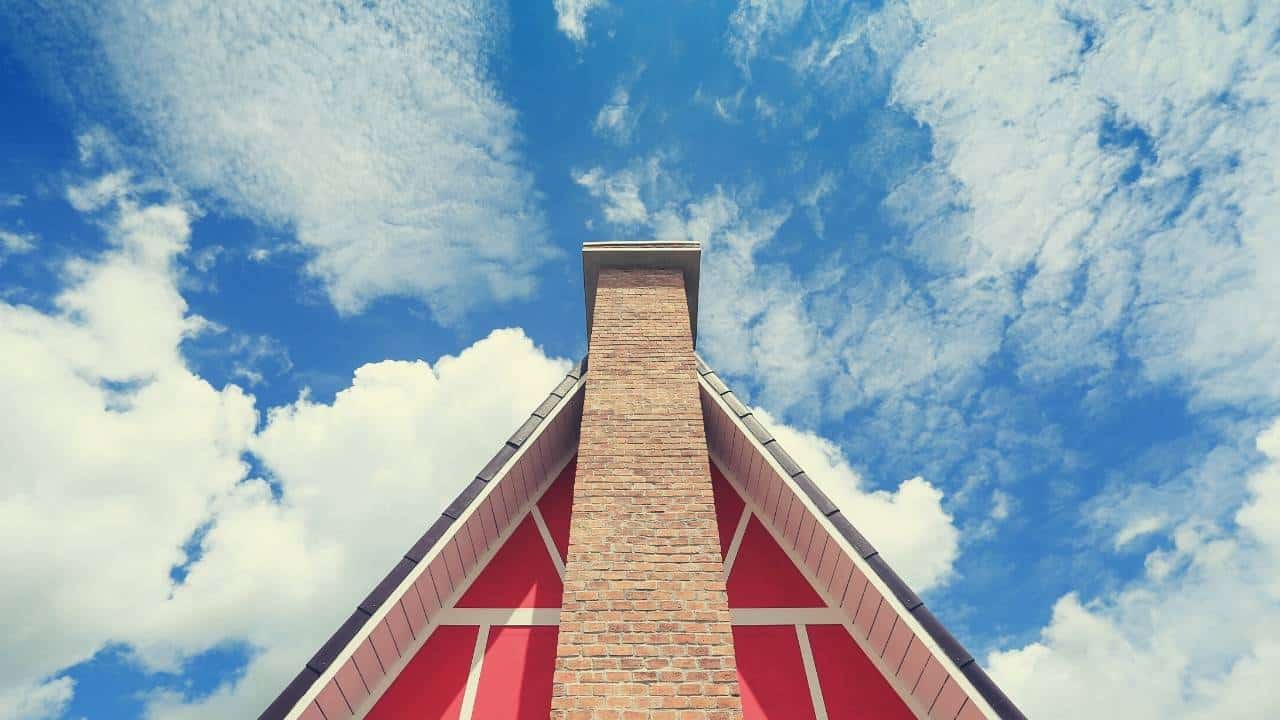
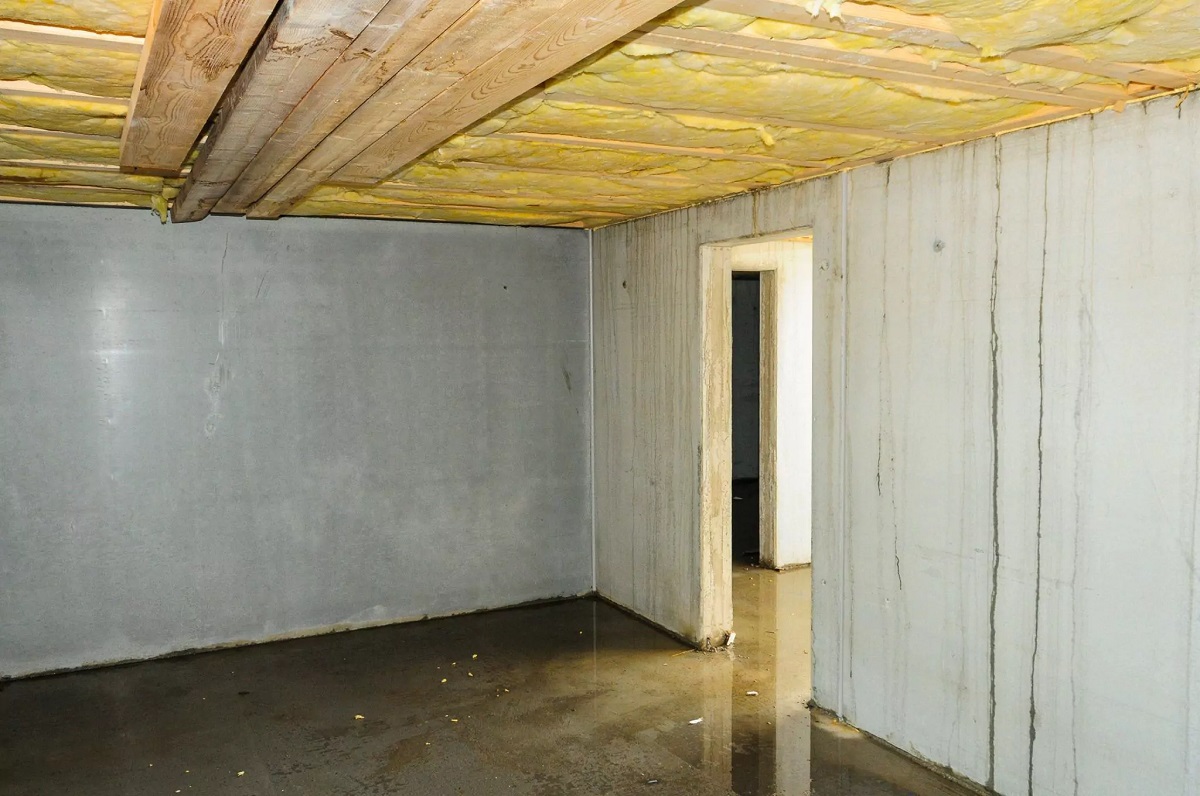
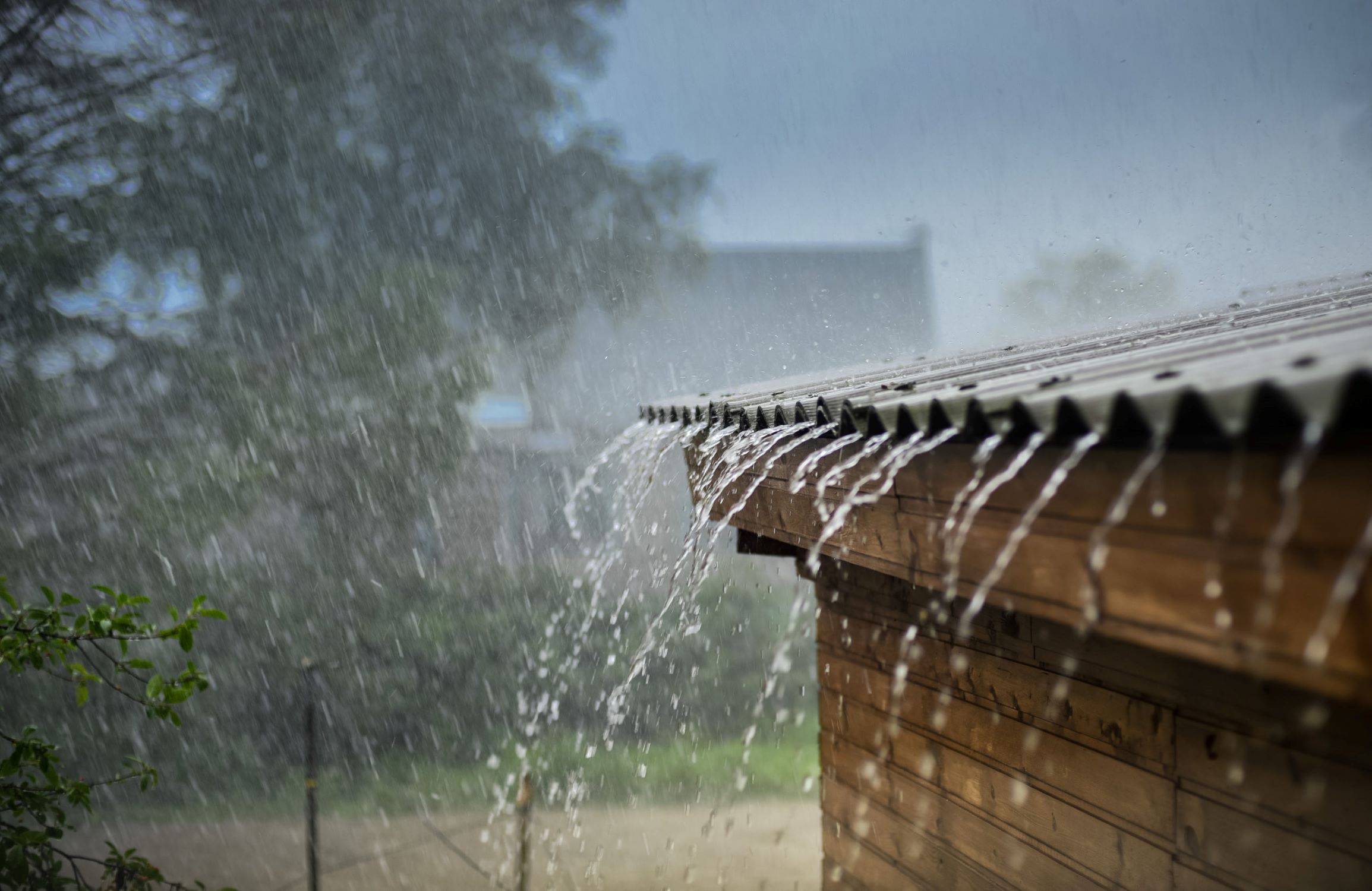
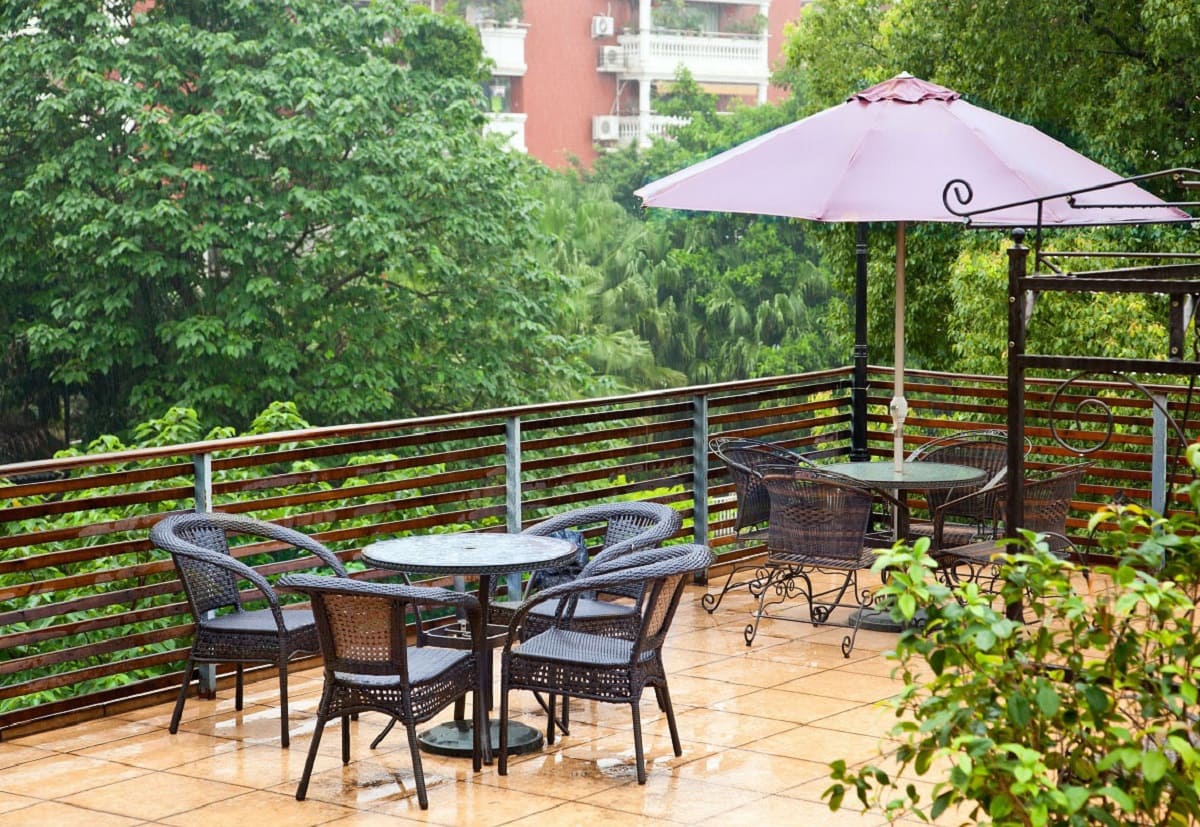
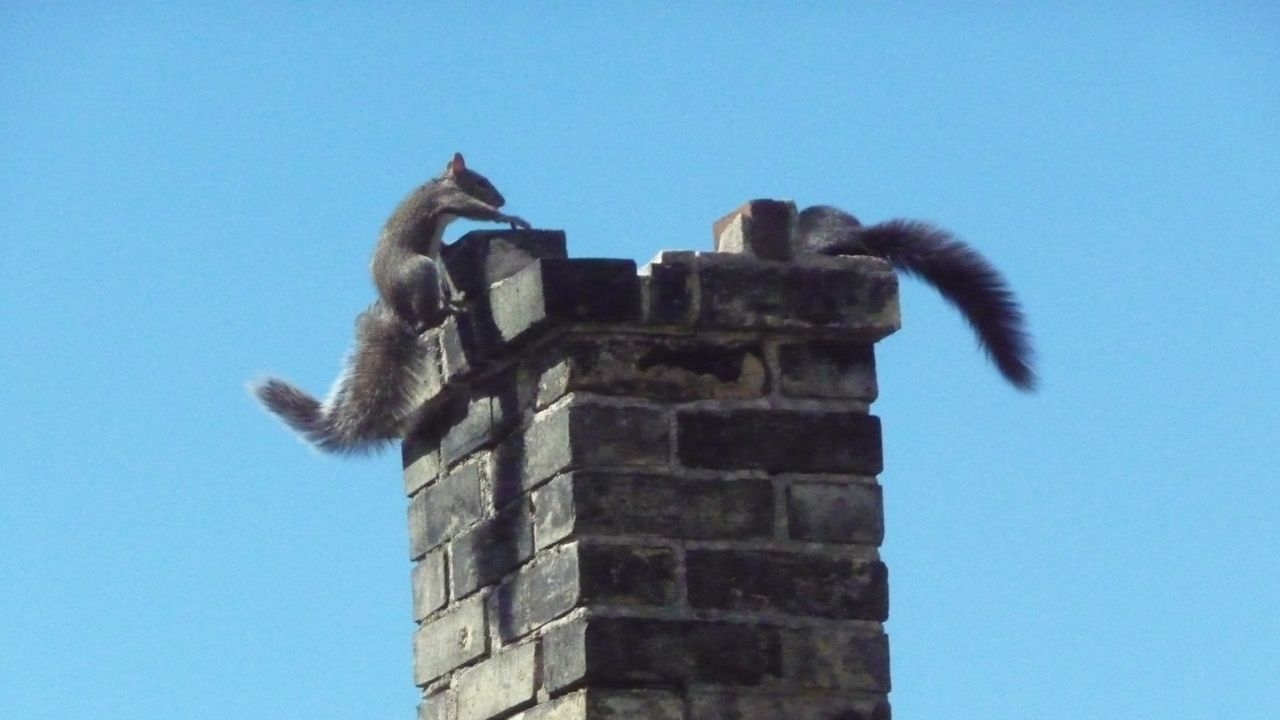

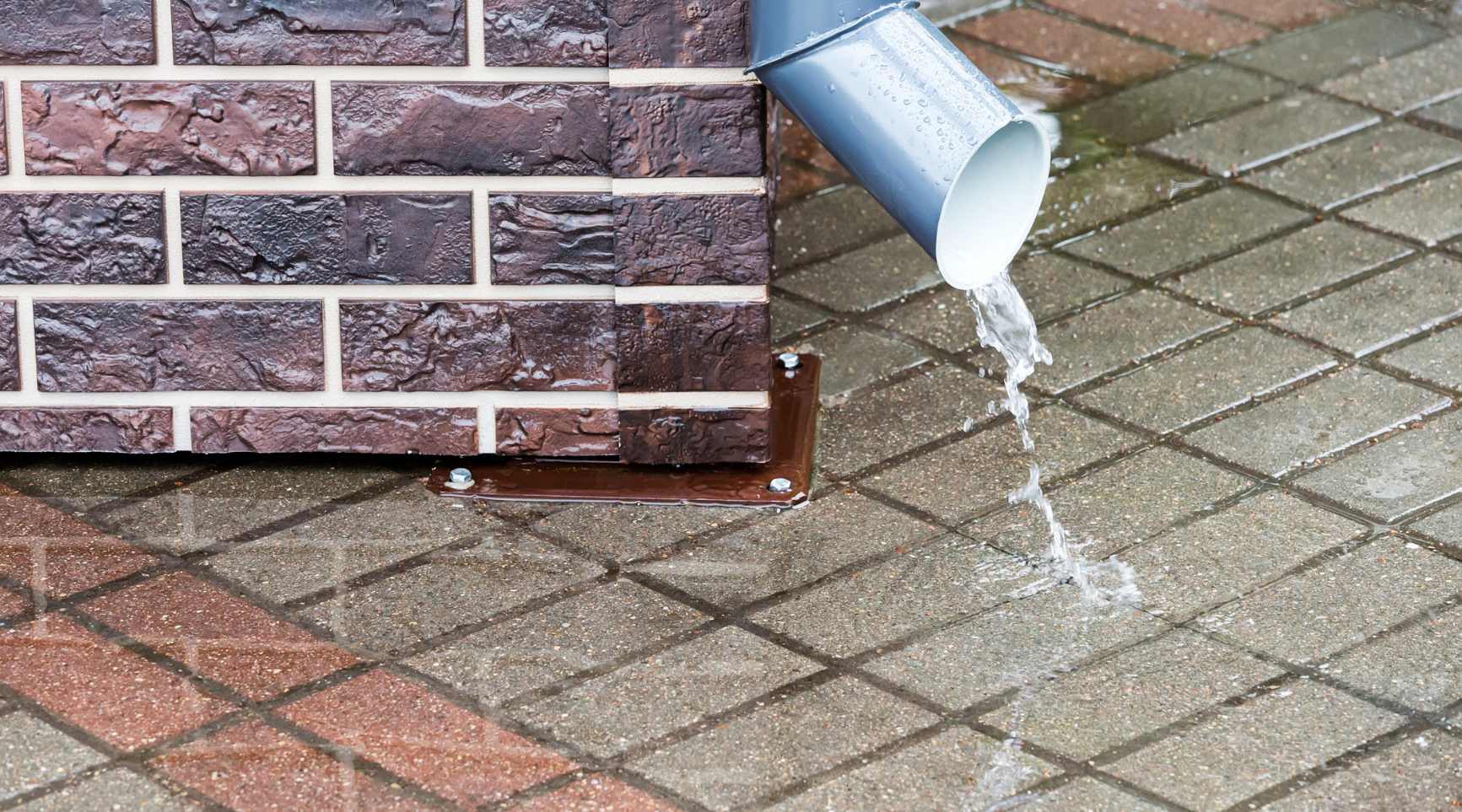
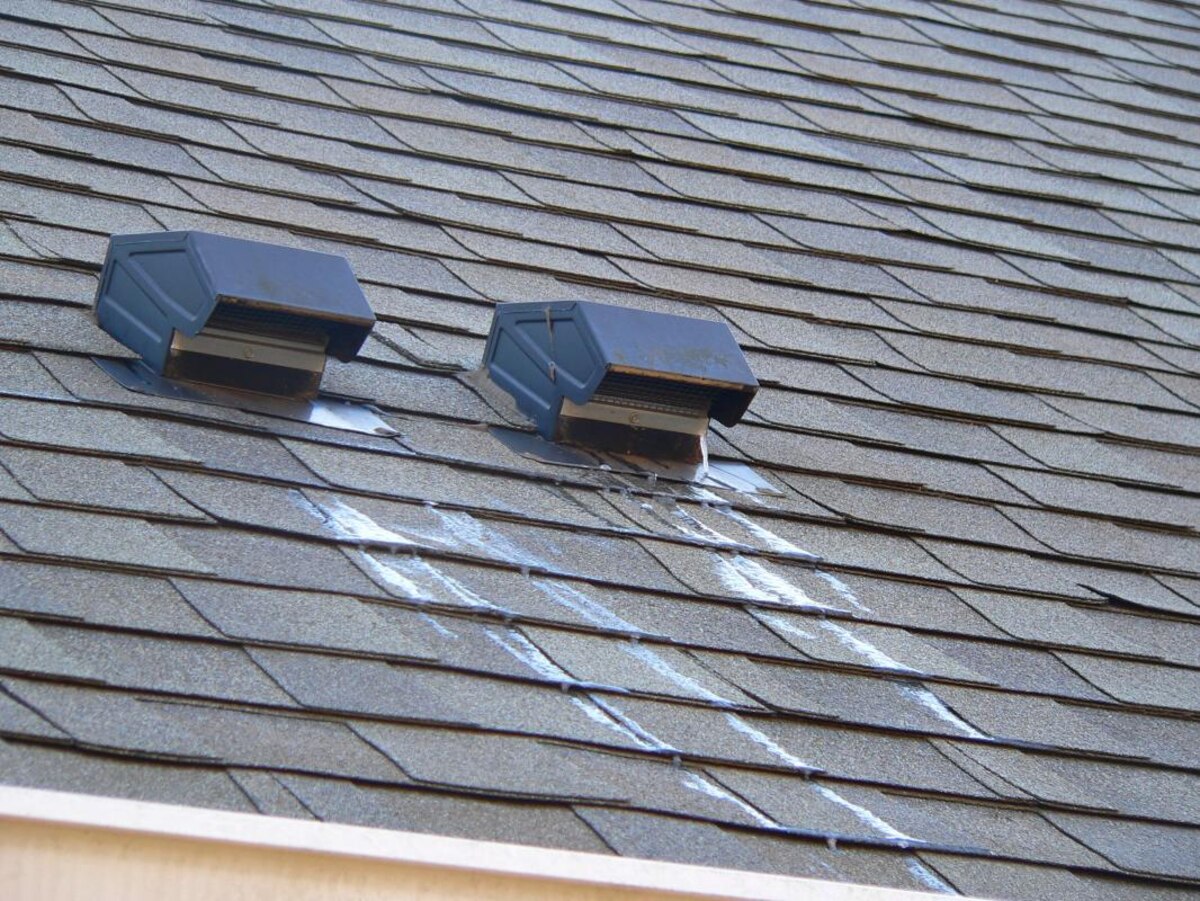
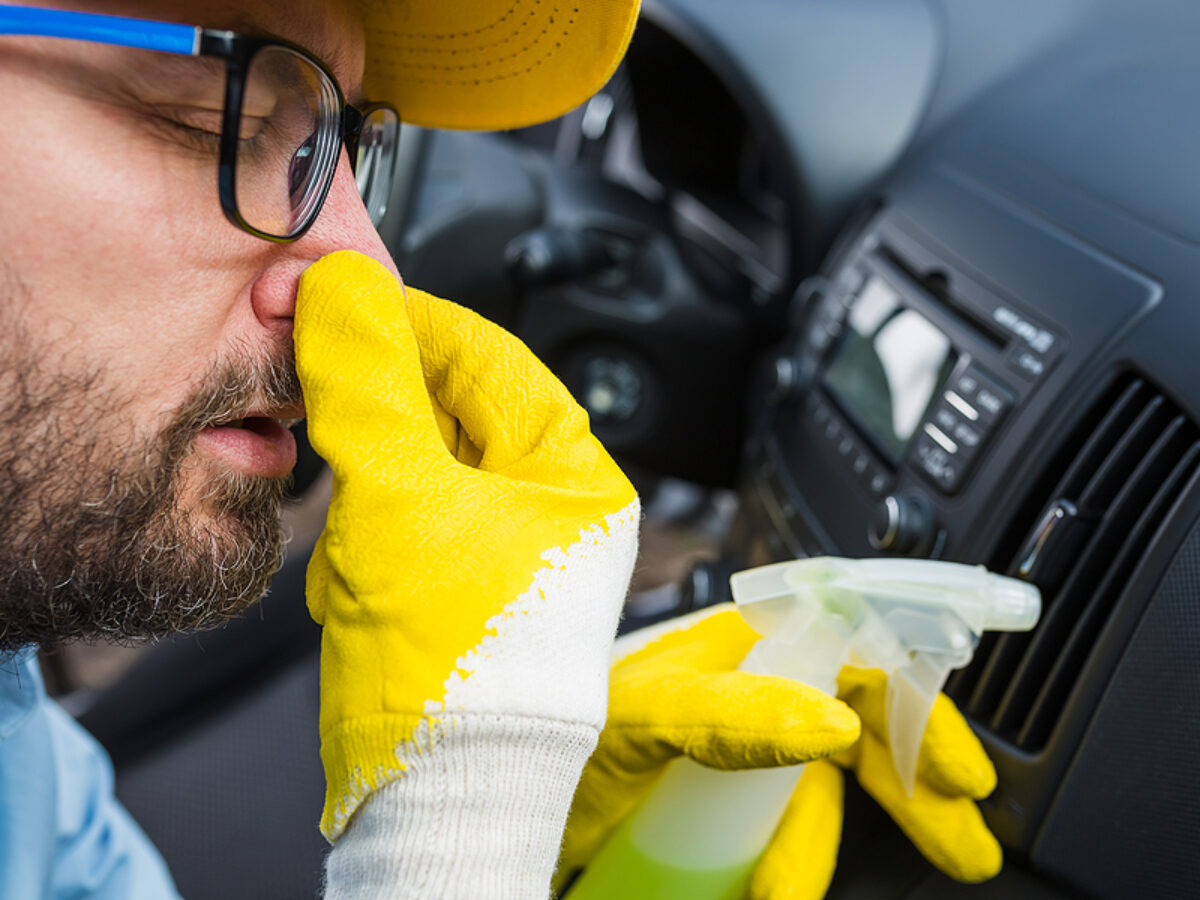

0 thoughts on “Chimney Smells When It Rains”